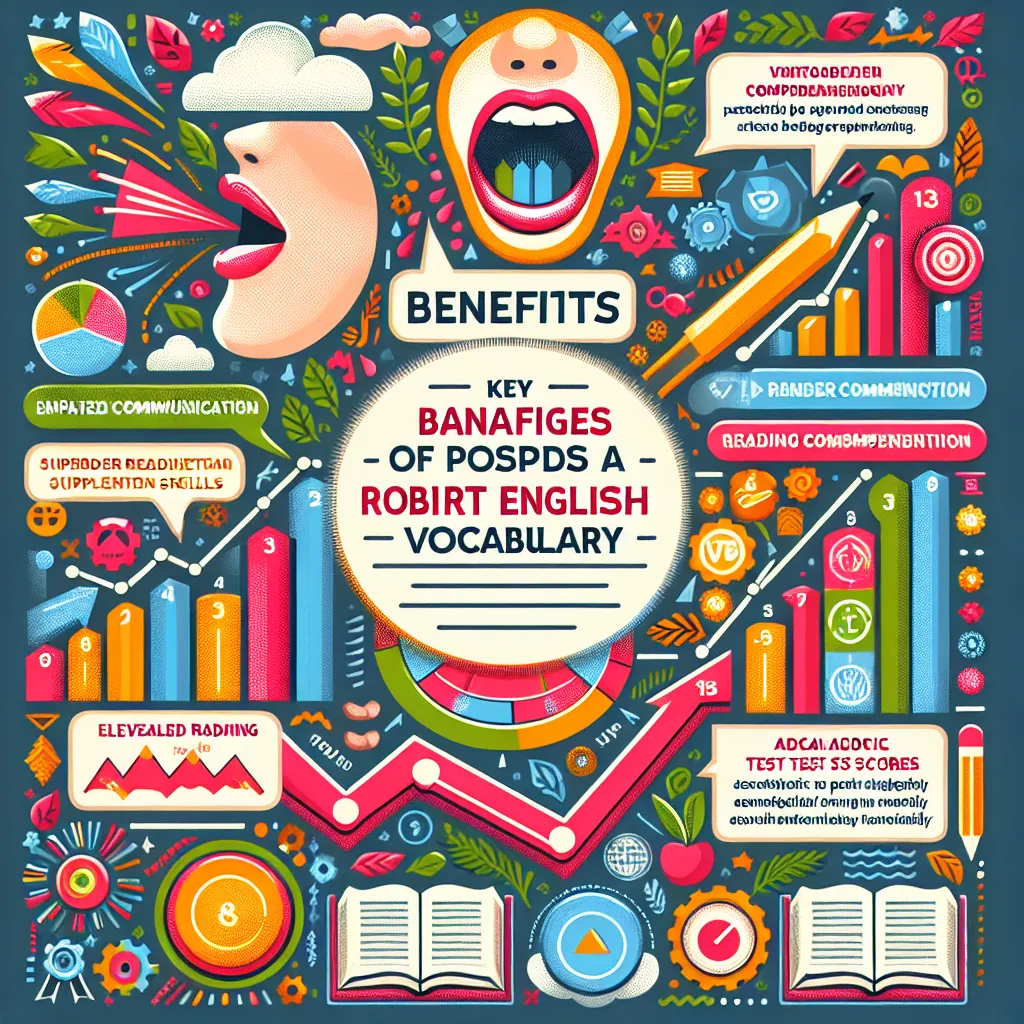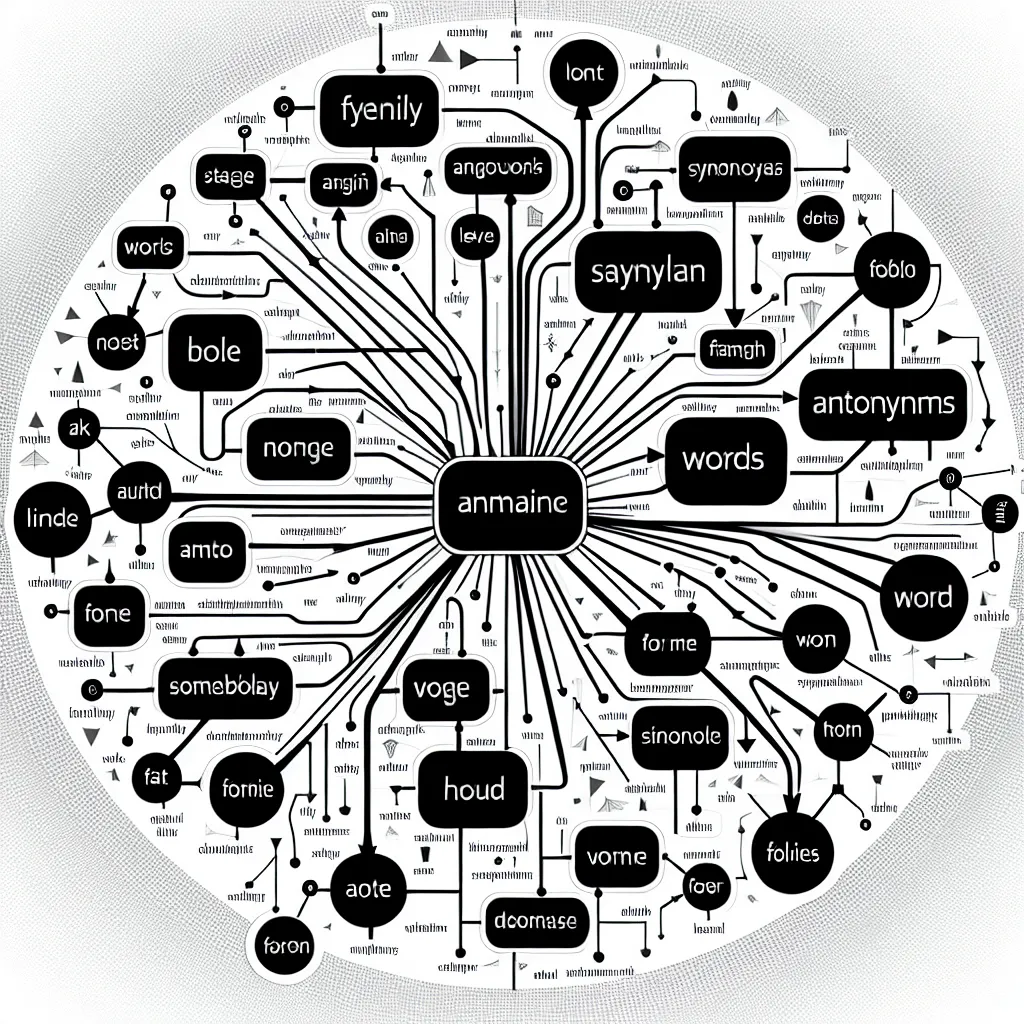Learning and remembering English vocabulary can be a challenging task for many language learners. However, with the right strategies and techniques, you can significantly improve your ability to retain new words and phrases. In this article, we’ll explore some effective Tips For Remembering English Vocabulary that can help you expand your language skills and boost your confidence in using English.
Why is Vocabulary Important in English Language Learning?
Before diving into the tips, it’s crucial to understand why having a robust vocabulary is essential for English language proficiency. A strong vocabulary allows you to:
- Express yourself more precisely
- Understand spoken and written English better
- Communicate more effectively in various situations
- Improve your reading comprehension
- Perform better in English language tests like IELTS, TOEFL, or Cambridge exams
 Importance of English Vocabulary
Importance of English Vocabulary
Now, let’s explore some effective strategies to help you remember English vocabulary more easily and efficiently.
1. Use Mnemonic Devices
Mnemonic devices are memory techniques that help you associate new information with something familiar. These can be especially useful for remembering complex or abstract words.
Types of Mnemonic Devices:
-
Acronyms: Create a word using the first letter of each word you want to remember.
Example: HOMES to remember the Great Lakes (Huron, Ontario, Michigan, Erie, Superior) -
Acrostics: Make a sentence where each word starts with the letter you’re trying to remember.
Example: “Every Good Boy Does Fine” to remember the lines of the treble clef (E, G, B, D, F) -
Rhymes: Create a rhyme that includes the word and its meaning.
Example: “I before E, except after C” for spelling rules -
Visualization: Create a vivid mental image that represents the word’s meaning.
Example: Imagine a “catastrophe” as a giant cat destroying a city
2. Use Contextual Learning
Learning words in context is more effective than memorizing isolated definitions. This approach helps you understand how words are used in real-life situations.
How to Learn Vocabulary in Context:
- Read extensively: Choose books, articles, or blogs that interest you and are slightly above your current level.
- Watch English movies and TV shows with subtitles: This helps you associate words with visual cues and emotions.
- Listen to podcasts or audiobooks: This improves your listening skills while exposing you to new vocabulary in context.
Example: Instead of memorizing the definition of “procrastinate,” you might encounter it in a sentence like: “Despite having a deadline tomorrow, Sarah continued to procrastinate by watching TV instead of working on her project.”
3. Create Word Associations
Linking new words to ones you already know can make them easier to remember. This technique works by creating mental connections between familiar and unfamiliar terms.
Types of Word Associations:
-
Synonyms and antonyms: Connect new words to their synonyms or antonyms.
Example: Link “elated” with “happy” (synonym) or “depressed” (antonym) -
Word families: Group words with the same root or prefix.
Example: “Construct,” “destruction,” “structure,” “obstruct” -
Personal connections: Relate words to your personal experiences or memories.
Example: Associate “nostalgic” with a childhood memory
 Word Association Technique
Word Association Technique
4. Use Spaced Repetition
Spaced repetition is a learning technique that involves reviewing information at gradually increasing intervals. This method helps move vocabulary from short-term to long-term memory.
How to Implement Spaced Repetition:
- Learn a new word or set of words.
- Review after 1 day.
- Review again after 3 days.
- Review after 1 week.
- Review after 2 weeks.
- Continue increasing the interval between reviews.
You can use flashcard apps like Anki or Quizlet that have built-in spaced repetition algorithms to make this process easier.
5. Engage Multiple Senses
The more senses you involve in learning a new word, the more likely you are to remember it. This technique is based on the concept of multi-sensory learning.
Ways to Engage Multiple Senses:
- Write the word and its definition by hand
- Say the word out loud and use it in a sentence
- Draw a picture or symbol that represents the word’s meaning
- Act out the word if it’s an action or emotion
- Find a song or create a jingle that includes the word
Example: To remember the word “exuberant,” you might write it down, say it out loud, draw a person jumping for joy, and use it in a sentence like “The exuberant crowd cheered loudly when their team won the championship.”
6. Use the Word Generation Method
The word generation method involves creating new words or phrases from a root word. This technique helps you understand word formation and expand your vocabulary more efficiently.
Steps for Word Generation:
- Start with a root word.
- Add prefixes and suffixes to create new words.
- Think of compound words that include the root.
- Find idioms or phrases that use the word.
Example:
Root word: “friend”
- Prefixes/Suffixes: friendly, unfriendly, befriend
- Compounds: best friend, friendzone, dog-friendly
- Idioms: “a friend in need is a friend indeed”
7. Immerse Yourself in English
Surrounding yourself with English in your daily life can significantly boost your vocabulary acquisition and retention.
Ways to Immerse Yourself in English:
- Change your phone and computer language settings to English
- Follow English-speaking social media accounts or YouTube channels
- Join English language exchange groups or forums
- Practice thinking in English throughout the day
Conclusion
Remembering English vocabulary doesn’t have to be a daunting task. By implementing these effective tips and techniques, you can make the process more enjoyable and efficient. Remember that consistency is key – make vocabulary learning a daily habit, and you’ll see significant improvements in your English language skills over time.
Which of these tips do you find most helpful? Do you have any other strategies for remembering English vocabulary? Share your thoughts and experiences in the comments below, and don’t forget to check out our other articles on English language learning for more valuable insights and tips!




